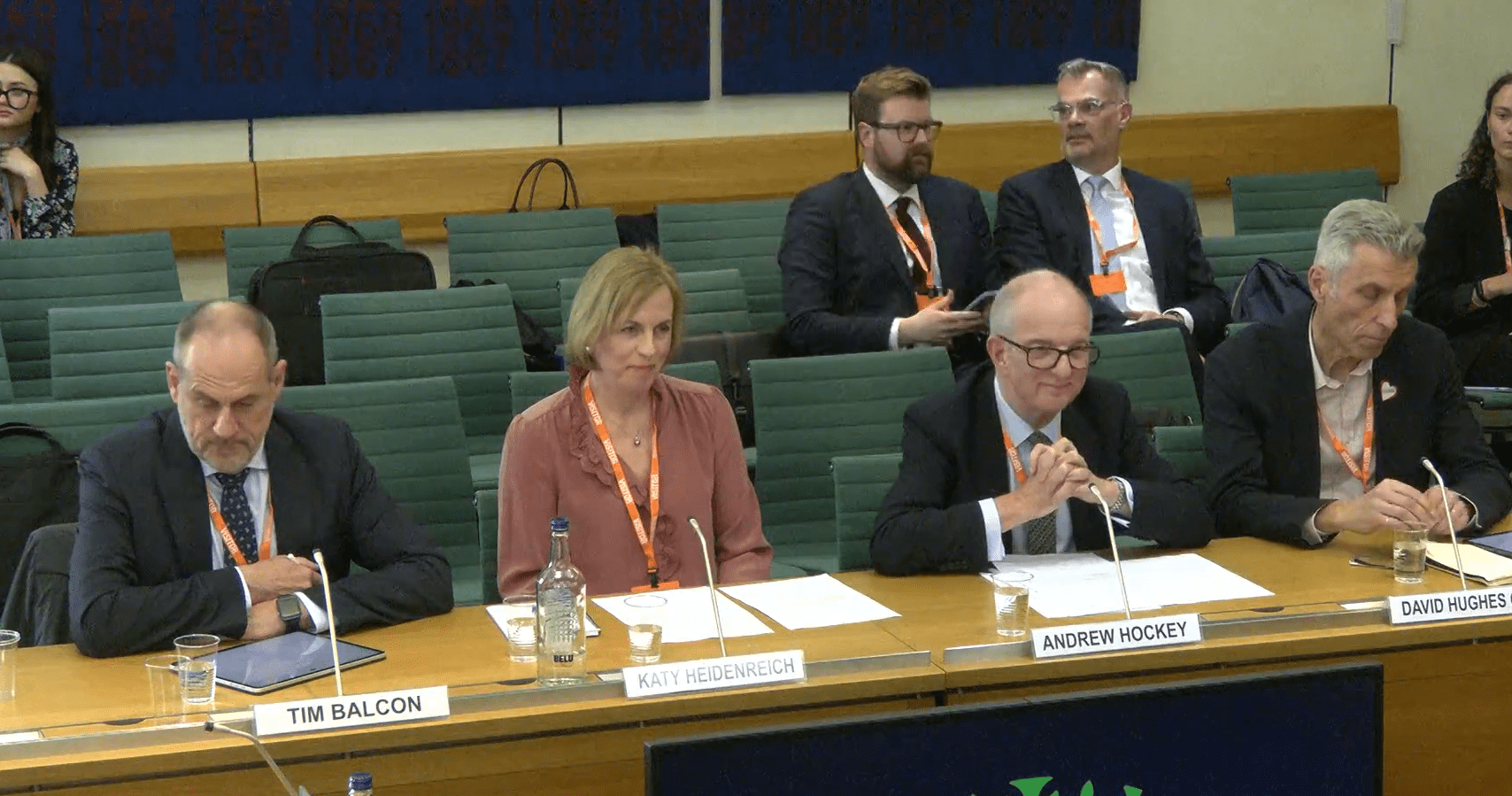A £500k scheme to support engineering construction employers by directly funding training during the Covid-19 crisis has been applauded by industry.
The emergency measure introduced in April by Government skills body, the ECITB, paid in advance for a range of training courses for employees. With cash flow a major concern for many companies, this has helped to overcome the financial constraints preventing employers from accessing training and provided a welcome boost to training providers.
At West Midlands-based Mechatherm International, lockdown led to a collapse in orders at the company, which provides equipment to the aluminium industry. This placed huge pressure on a training budget that included essential safety and project management training for staff.
“Our clients are largely in aerospace, automotive and construction which have been devastated by Covid,” said Andrew Riley, Chairman of Mechatherm International.
“Pressure was on all aspects of our budgets and there was no way we could afford to keep to our original training budget. The ECITB swiftly stepped in with the commitment to book and pay for training direct with suppliers. It is absolutely certain that without this support we would not have been able to fund the training essential to our future.
“The increase in professionalism in our employees is already evident and will pay dividends in assisting our recovery,” added Andrew.
Offshore engineering contractor Aquaterra Energy has also praised the scheme, commending the speed of development and the results delivered for their engineers.
“Throughout a most challenging 2020, support from the ECITB has been critical to the skills development and competence of our engineers, and most specifically those who are new to our industry,” said HR Director Steve Way.
The initiative has had similar benefits for the ECITB’s network of approved training providers as lockdown immediately interrupted their business activities. Aberdeen-based STC Global, which provides training programmes to support the oil and gas and offshore industries, saw almost all their courses cancelled immediately at the end of March.
Mark Rushton, Managing Director of STC Global, said: “These conditions demanded real action and the ECITB stepped up to provide exactly that. The scheme gave businesses confidence to continue to support essential training, in the knowledge that their already limited cash flow wouldn’t be compromised further. The ECITB’s decisions in unprecedented conditions helped us get through very difficult times and laid solid foundations going forward.”
Specialist training company, 2020 Project Management, says the funding enabled them to transfer classroom courses online.
Tony Marks, CEO at 2020 Project Management, said: “The ECITB’s direct procurement scheme bought us valuable time to re-develop our remaining classroom-only courses into virtual classroom, eLearning and blended delivery models. It enabled providers to keep their doors open and companies to access training when it might otherwise have been difficult to do so. And it meant learners were able to utilise their enforced downtime productively to develop their skills, which many companies viewed as a priority for the mental health of their workforce.”
Chris Claydon, Chief Executive of the ECITB, said: “I am really pleased to hear that we have been able to make a real difference to our companies and training providers through such a challenging period. By directly funding training, employers have been able to continue to train their workforce without having to pay upfront and reclaim via our grants system, which is our standard process. Not only has this intervention helped to ease some of the financial pressures on businesses, it has allowed important training to continue throughout the lockdown period and beyond.
“This initiative is one of several measures introduced by the ECITB this year to help levy-paying companies weather the crisis, including Train to Retain, which is helping the industry retain skilled apprentices, graduates and trainees, and the ECITB Scholarship programme, which will maintain the pipeline of new talent coming into the industry.”





